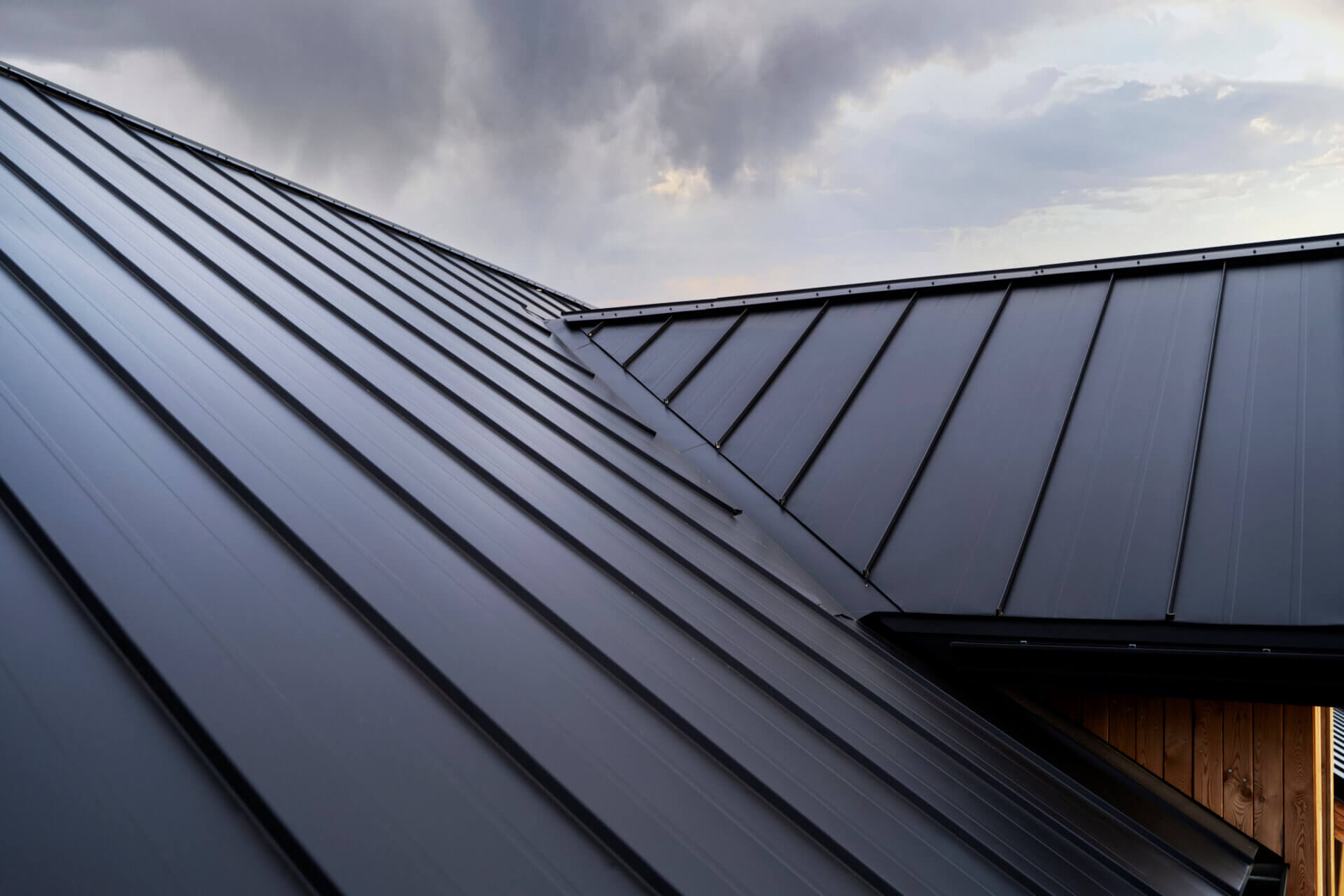Your most trusted roofing company
Experts in storm recovery, insurance claims, and hassle-free roof replacement in Columbus.
Building peace of mind.
Trusted. Certified. Proven.
Experts in storm recovery , insurance claims , and hassle-free roof replacement.

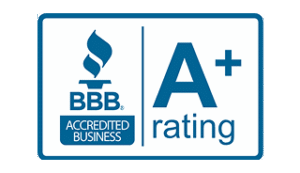
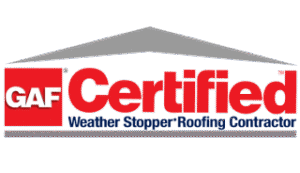
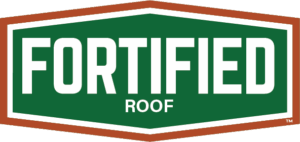

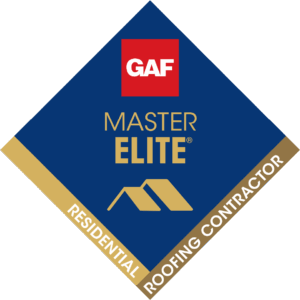
Storm hit your area recently? Book your free inspection now — crews are in your area.
Services
Free Roof Inspection Columbus
Thorough assessments to identify damage and extend the life of your roof. No guesswork, just expert insights.
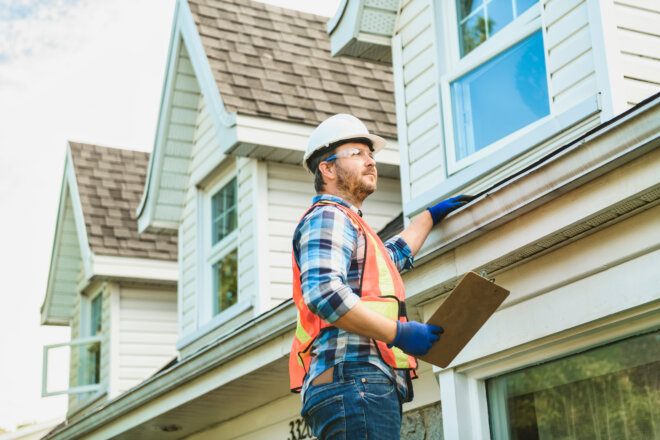
Hail Damage Roof Repair Columbus
We restore roofs after hailstorms with precision and help you navigate insurance claims smoothly.
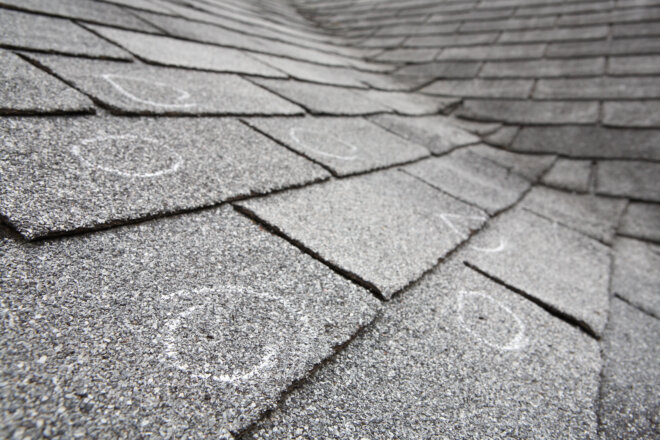
Roof Replacement Columbus
From tear-off to installation, we handle full roof replacements with minimal disruption and maximum care.
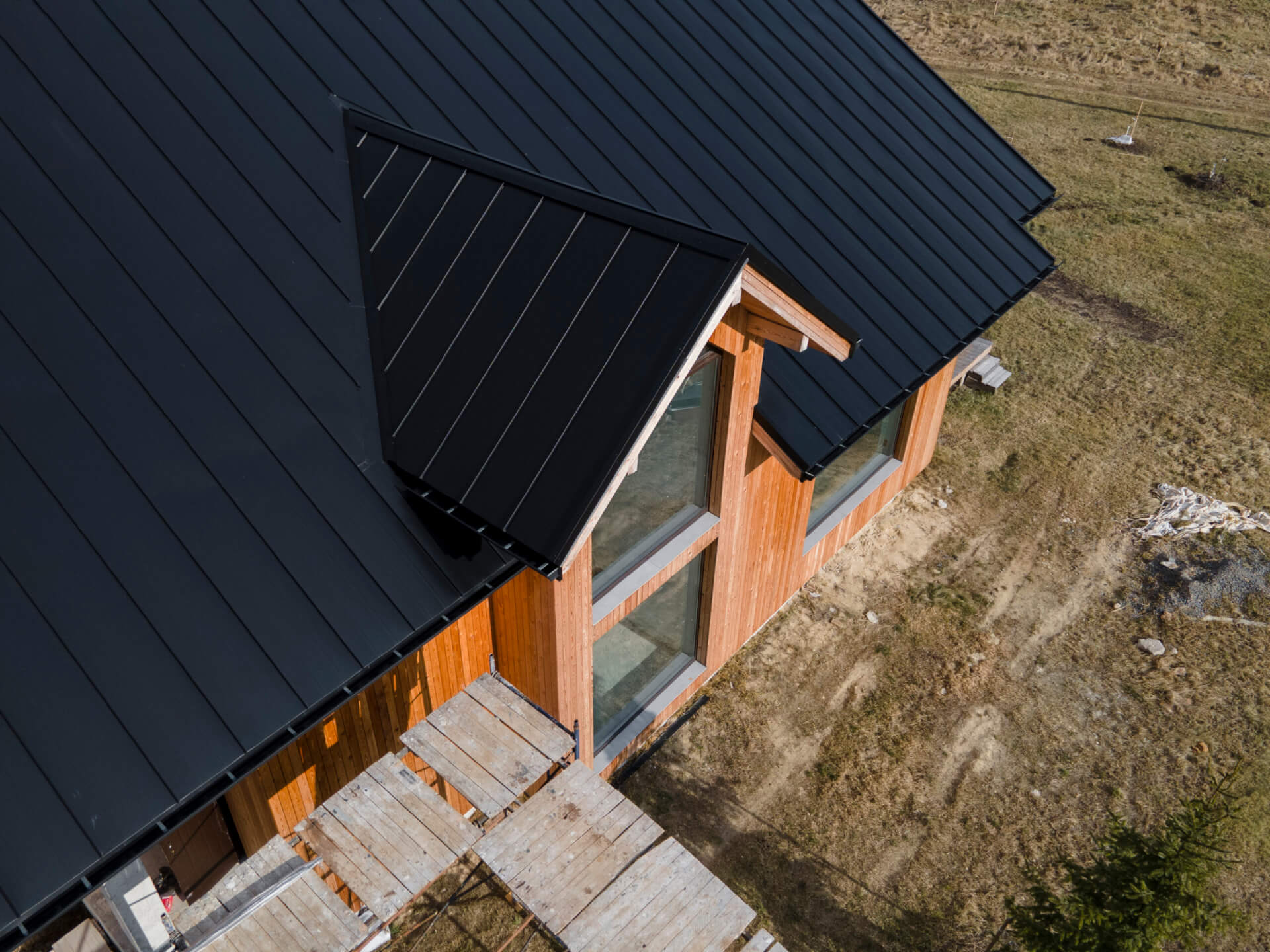
Gutters / Solar Columbus
Boost your home’s protection and efficiency with seamless gutter systems and expert solar panel integration.
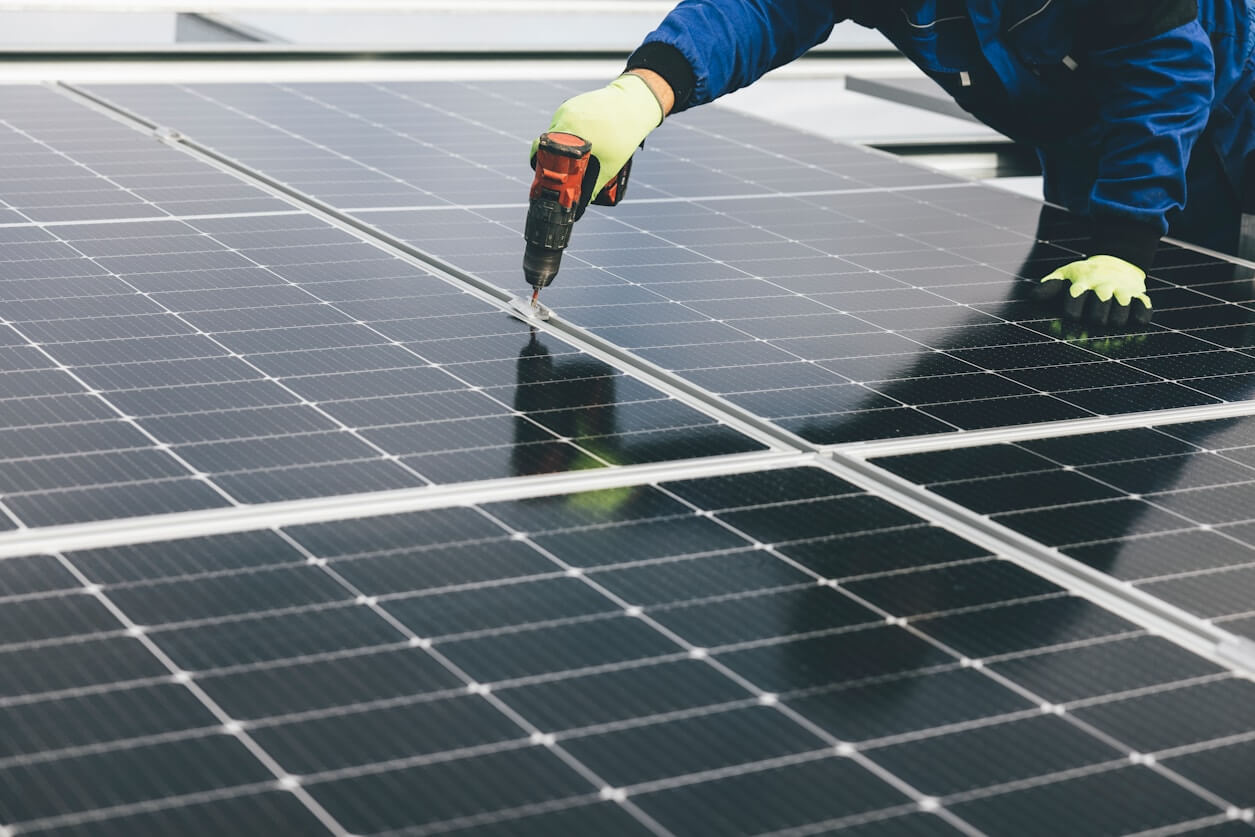
THE INSURANCE CLAIM EXPERTS
First, a free, honest inspection.
After a storm, the most critical step is a professional assessment. Damage from hail and wind is often invisible from the ground. Before you even file a claim, our experts will conduct a thorough inspection, documenting everything with photos, to confirm you have enough damage to justify a claim. This protects you and starts the process with clear evidence.
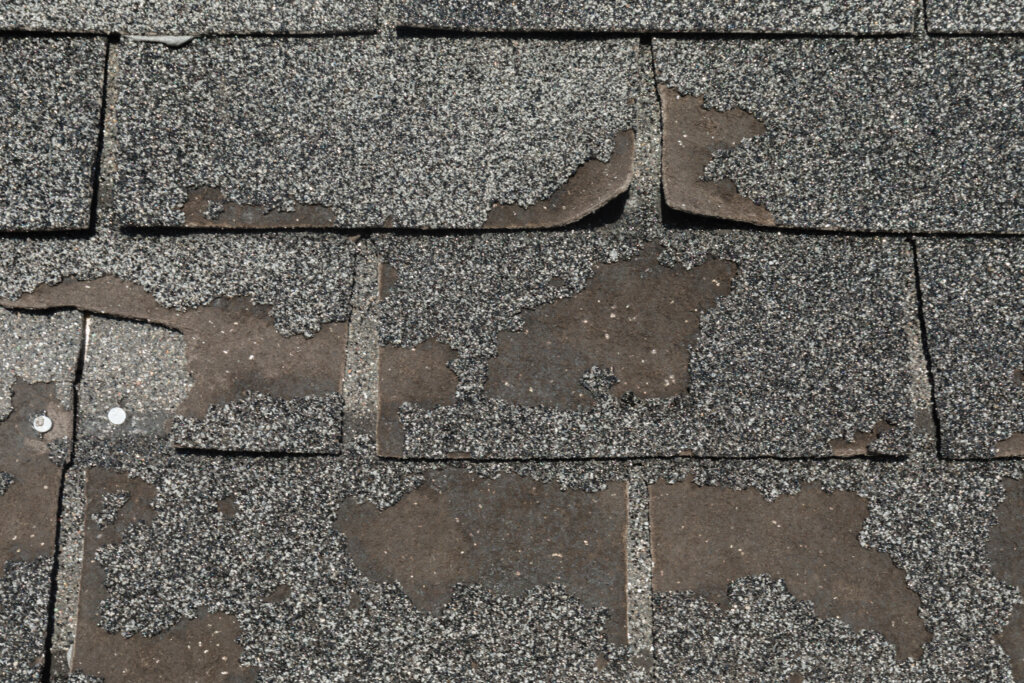
We represent you and home.
The insurance process can be confusing and intimidating. We act as your dedicated advocate, meeting the insurance adjuster on-site to ensure all damage is accurately identified and included in your claim. We speak their language and fight to make sure the scope of work covers a full, code-compliant restoration, not just a patch job.
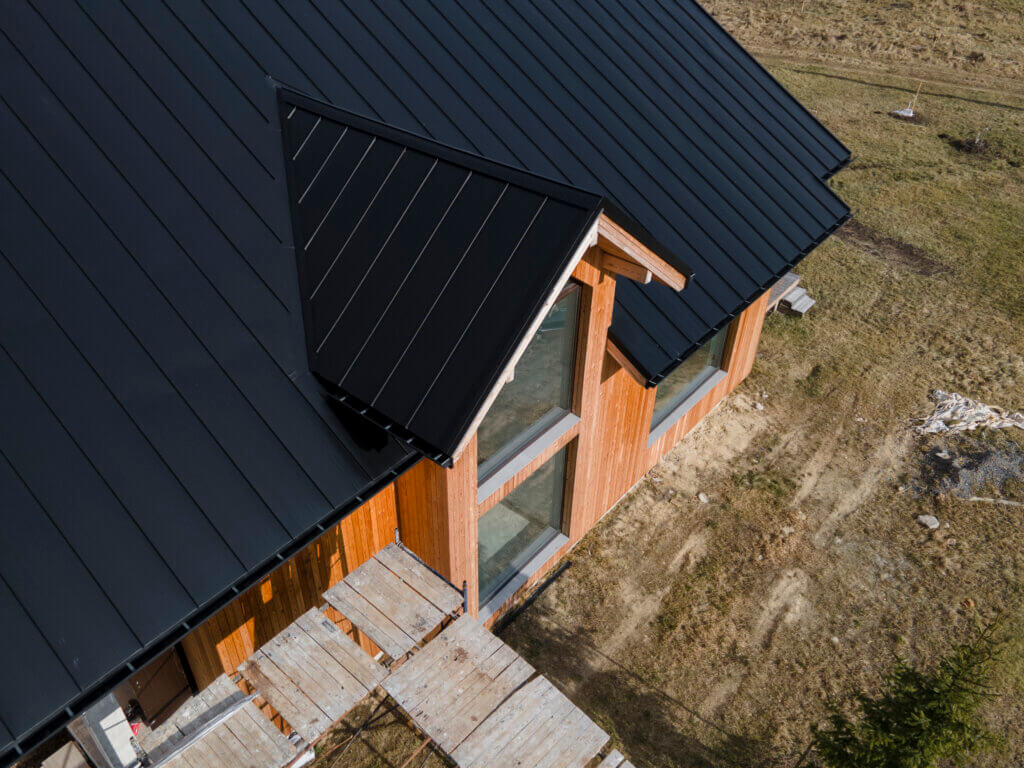
Your home restored. Stress free.
Once your claim is approved, our certified crews take over. We handle all permits, materials, and installation, ensuring your home is protected by a high-quality roof built to withstand severe weather. We manage all the complex paperwork, so your only out-of-pocket expense is your deductible. It’s that simple.
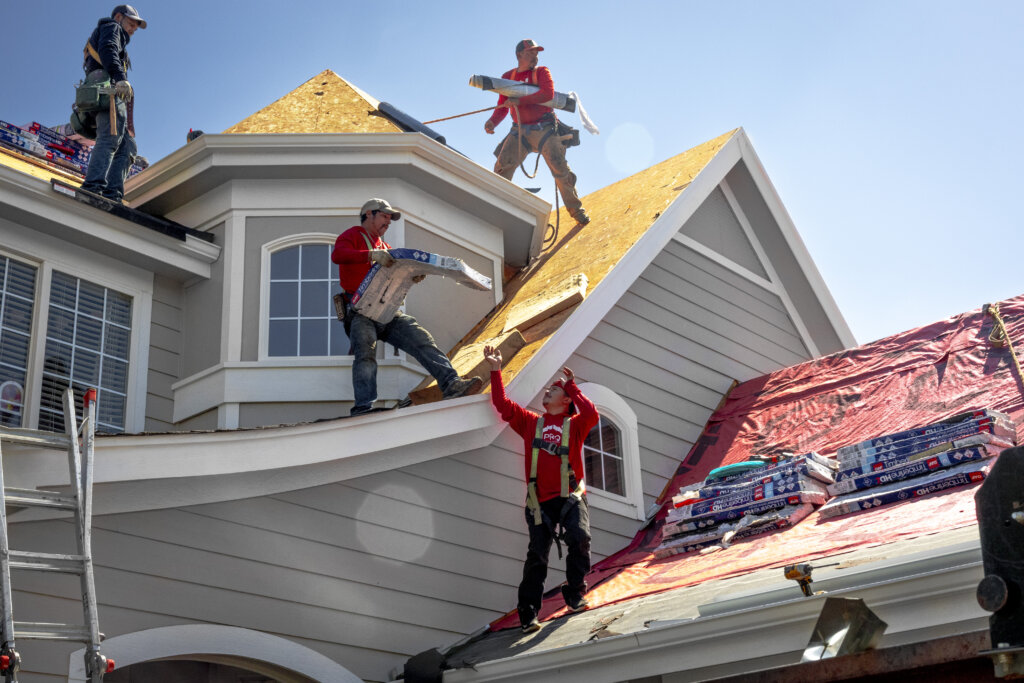
Check your roof status in minutes. No commitment needed.
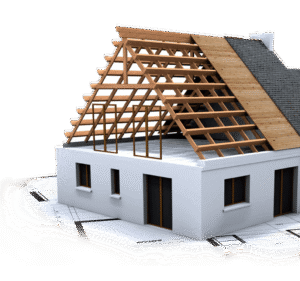
Real Clients. Real Results.
